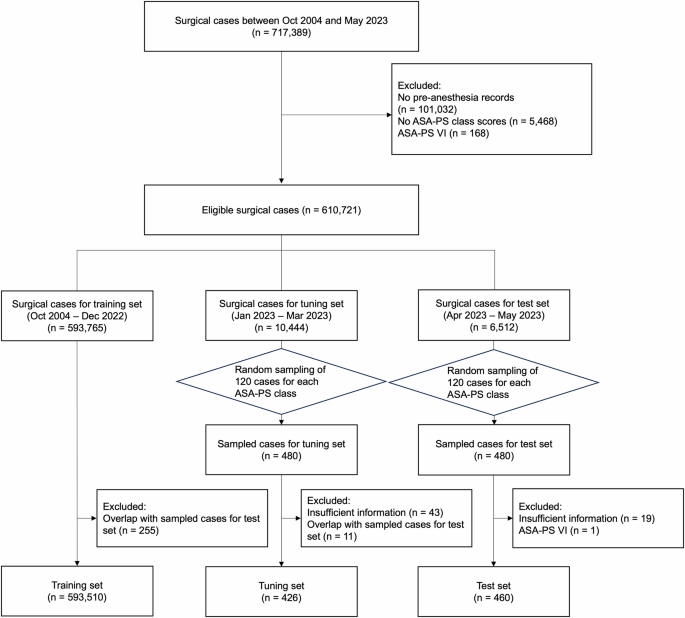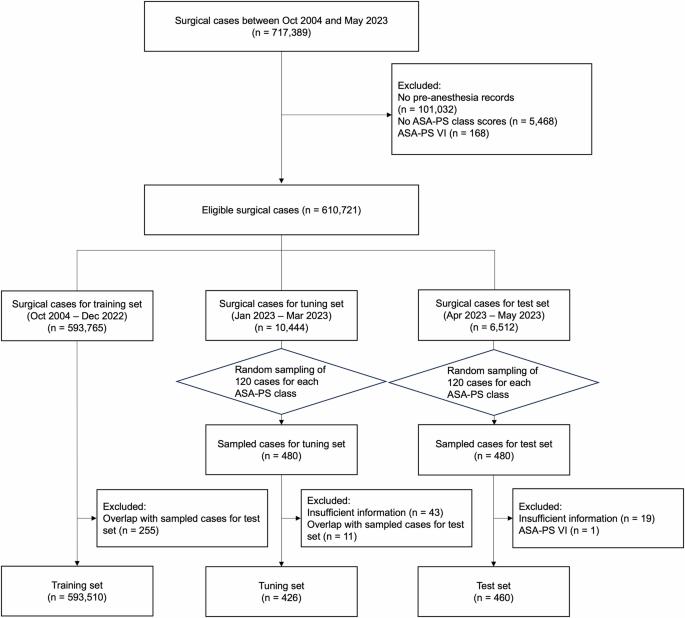NLP 机器学习模型与人类医生在 ASA 身体状况分类方面的比较
IF 12.4
1区 医学
Q1 HEALTH CARE SCIENCES & SERVICES
引用次数: 0
摘要
美国麻醉医师协会的身体状况(ASA-PS)分类系统对镇静和镇痛前的合并症进行评估,但评分者之间的不一致妨碍了该系统的客观使用。本研究旨在开发自然语言处理(NLP)模型,利用麻醉前评估摘要对 ASA-PS 进行分类,并将其性能与人类医生进行比较。一家三级医院的 717,389 例手术数据(2004 年 10 月至 2023 年 5 月)被分成训练、调整和测试数据集。经过认证的麻醉师为调整和测试数据集创建了参考标签。包括 ClinicalBigBird、BioClinicalBERT 和 Generative Pretrained Transformer 4 在内的 NLP 模型通过麻醉师进行了验证。ClinicalBigBird模型的接收者操作特征曲线下面积达到0.915。它的特异性为 0.901 对 0.897,精确性为 0.732 对 0.715,F1 分数为 0.716 对 0.713(所有 p 均为 0.01),均优于麻醉医师。这种方法有助于自动、客观地进行 ASA-PS 分类,从而简化临床工作流程。本文章由计算机程序翻译,如有差异,请以英文原文为准。


Comparison of NLP machine learning models with human physicians for ASA Physical Status classification
The American Society of Anesthesiologist’s Physical Status (ASA-PS) classification system assesses comorbidities before sedation and analgesia, but inconsistencies among raters have hindered its objective use. This study aimed to develop natural language processing (NLP) models to classify ASA-PS using pre-anesthesia evaluation summaries, comparing their performance to human physicians. Data from 717,389 surgical cases in a tertiary hospital (October 2004–May 2023) was split into training, tuning, and test datasets. Board-certified anesthesiologists created reference labels for tuning and test datasets. The NLP models, including ClinicalBigBird, BioClinicalBERT, and Generative Pretrained Transformer 4, were validated against anesthesiologists. The ClinicalBigBird model achieved an area under the receiver operating characteristic curve of 0.915. It outperformed board-certified anesthesiologists with a specificity of 0.901 vs. 0.897, precision of 0.732 vs. 0.715, and F1-score of 0.716 vs. 0.713 (all p <0.01). This approach will facilitate automatic and objective ASA-PS classification, thereby streamlining the clinical workflow.
求助全文
通过发布文献求助,成功后即可免费获取论文全文。
去求助
来源期刊

NPJ Digital Medicine
Multiple-
CiteScore
25.10
自引率
3.30%
发文量
170
审稿时长
15 weeks
期刊介绍:
npj Digital Medicine is an online open-access journal that focuses on publishing peer-reviewed research in the field of digital medicine. The journal covers various aspects of digital medicine, including the application and implementation of digital and mobile technologies in clinical settings, virtual healthcare, and the use of artificial intelligence and informatics.
The primary goal of the journal is to support innovation and the advancement of healthcare through the integration of new digital and mobile technologies. When determining if a manuscript is suitable for publication, the journal considers four important criteria: novelty, clinical relevance, scientific rigor, and digital innovation.
 求助内容:
求助内容: 应助结果提醒方式:
应助结果提醒方式:


